The Perfect Ensemble

UNPARALLELED MUSICAL BRILLIANCE: THE POWER OF THE STRING QUARTET
A string quartet is widely regarded as the optimal configuration for chamber music due to its well-balanced and sonorous qualities. Here’s an exploration of how each ensemble size — string quartet, string trio, string duo, and solo violin or cello — offers distinct attributes in terms of harmonies and a richly resonant sound:
String Quartet: Comprising two violins, a viola, and a cello, the string quartet boasts a diverse range of timbres and four distinct voices that combine to create a comprehensive harmonic palette. This allows for intricate and sophisticated harmonies, as well as the ability to seamlessly blend melody and accompaniment. The quartet’s interplay and dialogue among its instruments result in a harmoniously balanced and symphonic texture, making it an exceptional choice for all genres, including modern pop music.
String Trio: Typically featuring two violins and a cello, the string trio, though lacking the fullness of a quartet, possesses its own beauty in producing captivating harmonies. The absence of the viola lends a slightly lighter texture to the ensemble. The trio’s smaller size cultivates intimate and transparent performances, allowing each instrument’s contribution to shine through with clarity and distinction.
String Duo: By pairing any two string instruments such as violin and viola or violin and cello, a string duo can be formed. While it offers fewer opportunities for complex harmonies compared to quartets or trios, the duo format remains suitable for simpler classical music and may not be as well-suited for modern popular music. However, despite its simplicity, a string duo can still create an alluring and resonant sound, particularly ideal for small gatherings and intimate settings.
Solo Violin or Cello: In a solo setting, a soloist on violin or cello assumes the responsibility of carrying the melody without the support of accompanying harmonies, potentially resulting in a more stripped-down sound compared to ensemble performances. Nevertheless, a skilled soloist can captivate audiences through their technical mastery and emotionally expressive interpretations. The solo option finds its greatest affinity in classical music compositions like J.S. Bach’s Six Solo Suites for cello and the 6 Sonatas and Partitas for violin, showcasing the virtuosity and individualistic nature of the instrument with intricate beauty and profound depth.
In conclusion, while a string quartet represents the pinnacle choice for an unforgettable musical experience, we also offer alternative options to accommodate clients on a budget or for venues with limited space. A string quartet typically requires a performance area of approximately 2.5m x 2.5m. Alternatively, a string trio can be provided, requiring a smaller space of 2m x 2m. In more confined settings, a string duo can be arranged, necessitating only 1.5m x 1.5m. Lastly, a solo performance by a violinist or cellist requires the smallest area of 1.5m x 1m. This flexibility allows us to adapt to diverse circumstances while ensuring exceptional musical experiences are delivered.
Please view our prices.
When you’re ready to hire Australia’s award-winning musicians for your special event, simply fill out our booking form.

Our Clients

Our Clients


